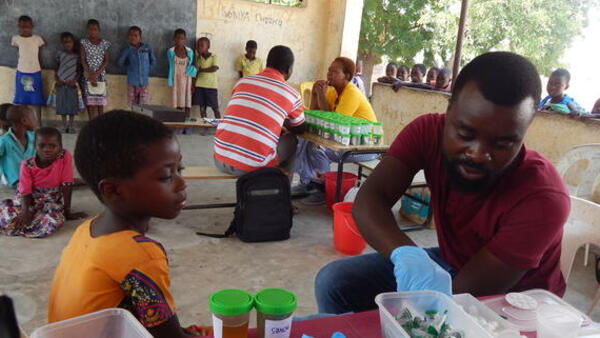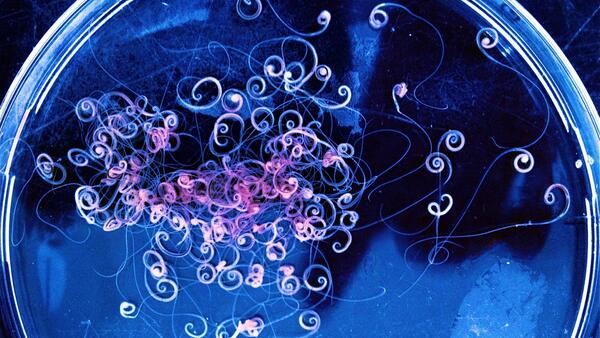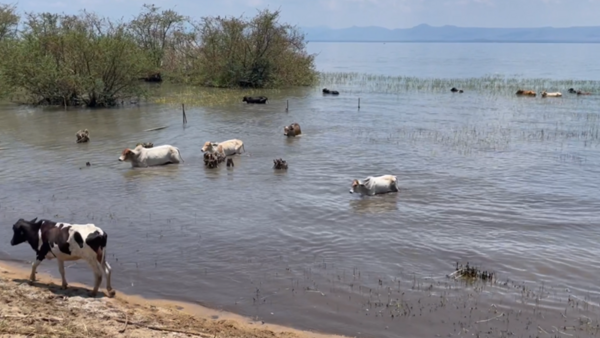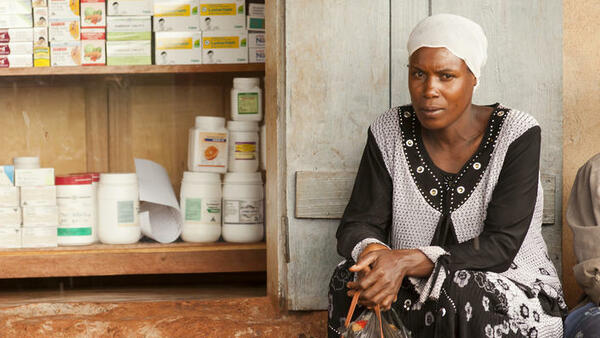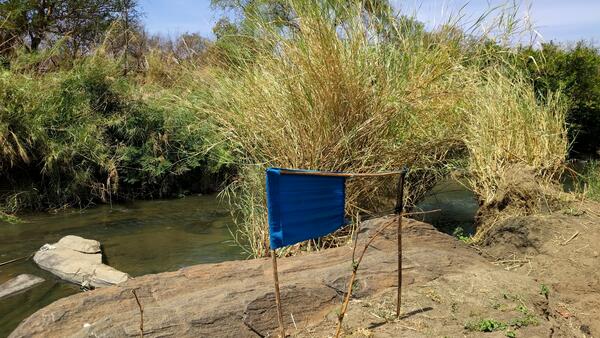
World NTD Day 2023
#WorldNTDDay #100percentCommitted #BeatNTDs
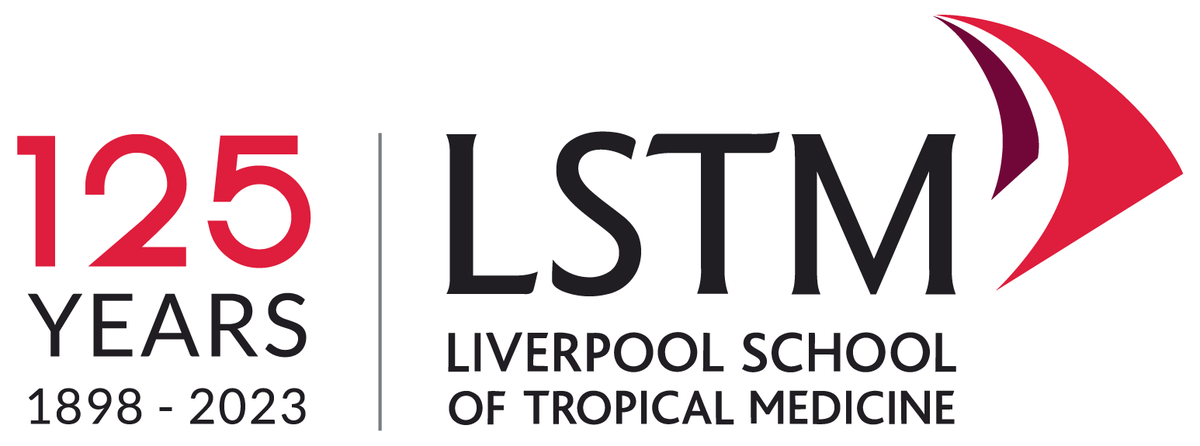
LSTM’s 125 years of Innovation and Impact on Neglected Tropical Diseases
Professor Mark Taylor, Director of LSTM’s Centre for Neglected Tropical Diseases
LSTM’s long history of research in the field of NTDs
Since LSTM was founded in 1898, neglected tropical diseases (NTDs) have been at the heart and soul of LSTM’s research and teaching. Early discoveries of the parasites, bacteria, and viruses responsible for NTDs and the blood sucking mosquitoes, flies, and aquatic snails that enabled their transmission, highlighted the heavy disease burden of NTDs, which trap communities in a perpetual cycle of poverty.
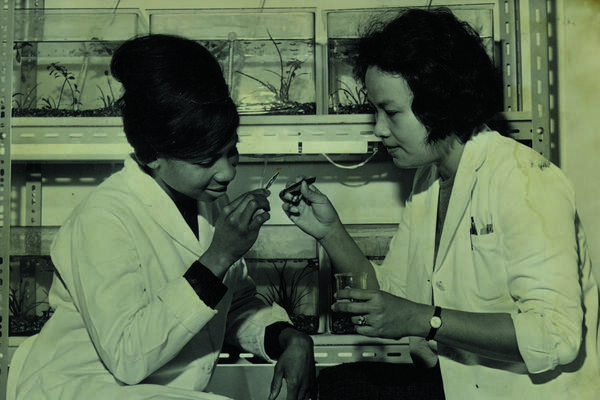
Treating snakebite and our work in developing universal antivenom
LSTM developed laboratory systems to study, detect, and diagnose NTDs and discovered some of the drugs and vaccines needed by the international community to prevent and cure them. In the 1970’s LSTM built a herpetarium to house one of the largest collections of venomous snakes in Europe and began researching and developing the antivenoms needed to treat snakebite in sub-Saharan Africa and Asia, where up to 125,000 lives are lost to snake bite each year.

Eliminating Lymphatic Filariasis
A former Director of LSTM, Emeritus Professor David Molyneux, was part of the founding group to coin the phrase ‘neglected tropical diseases’, building on the ‘great neglected disease’ initiative of Kenneth Warren at the Rockefeller Foundation in the late 1970’s. This collective ‘branding’ of this diverse group of diseases helped to target the United Nations Sustainable Development Goals. In 2000, LSTM helped set up the Global Programme for the Elimination of Lymphatic Filariasis (LF), with LSTM’s Centre for NTDs working alongside the Ministries of Health in countries affected by NTDs to provide technical, financial, and operational research support for mass drug administration, enabled by drug donations by pharma companies; MSD, Johnson & Johnson, GlaxoSmithKline, Merck KGaA, Pfizer and Eisai. A UK government investment of £40m helped LSTM deliver more than 335 million treatments at a cost of $0.06-0.54 per person, protecting 80 million people from the risk of acquiring LF and eliminating the disease as a public health problem in Malawi in 2020.

LSTM and NTD'S translational research from discovery to delivery
More recently, LSTM has led or partnered with a large international multi-disciplinary consortium (A·WOL, Tsetse Tiny Targets, VL elimination programme funded by the B&MGF; ASCEND and COUNTDOWN, funded by UKAID) to address research gaps and help NTD programme scale-up, whilst addressing gender, disability, equity, and rights inequalities that are barriers to getting treatment.
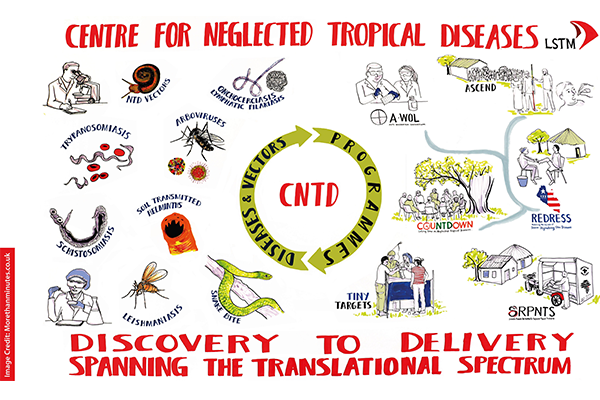
Future opportunities for NTD research at LSTM
But what challenges do we face with NTDs in the next 125 years? The WHO NTD roadmap for 2010-2030 outlines the research and development required, with new and improved diagnostics and drugs and strengthening, integration and ownership by endemic country health systems needed to meet current NTD goals. A major area of concern is the impact of climate and human driven pollution or environmental change, which is being addressed by a new initiative developed by scientists in LSTM’s Vector Biology Department to discover the consequences of these changes on NTD vectors, which risks driving the introduction of NTDs into areas previously free from their burden.
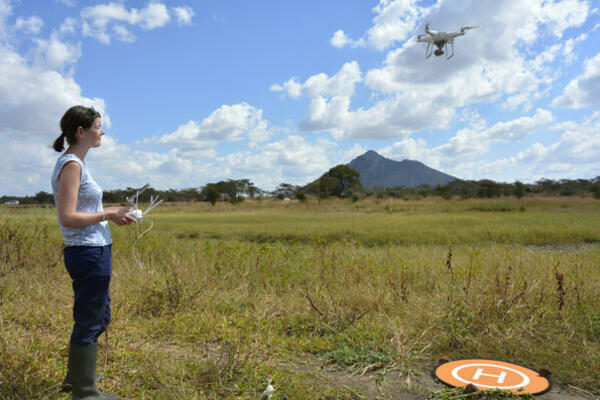
Investing in future generations of NTD researchers
To ensure the future challenges facing NTDs are overcome, LSTM will continue to recruit scientists and train students dedicated to researching the tools and strategies needed to succeed in controlling or eliminating NTDs as public health problems. LSTM will work closely with endemic country scientists, NTD programme managers, and global stakeholders, to ensure the legacy of progress we’ve made so far is enjoyed by future generations.

Schistosomiasis in Malawi: Celebrating 2023 World NTD with some ‘HUGS’
Schistosomiasis is a Neglected Tropical Disease (NTD) caused by infection with parasitic flatworms of the Schistosoma genus. With the discovery by the HUGS team of novel Schistosoma haematobium hybrids commonly co-infecting Malawian school children, critical knowledge gaps in the biology and control of schistosomiasis in Central Africa have emerged.
The HUGS investigation aims to address these critical knowledge gaps in the transmission biology, applied epidemiology and clinical importance of S. haematobium hybrids, developing a Onehealth response to the concerning rise of hybrid schistosomes in Malawi.
This blog, prepared by Prof Russ Stothard provides a review of the project to date.
